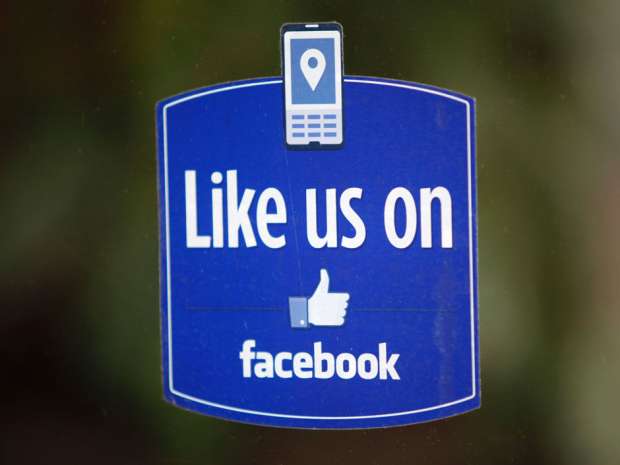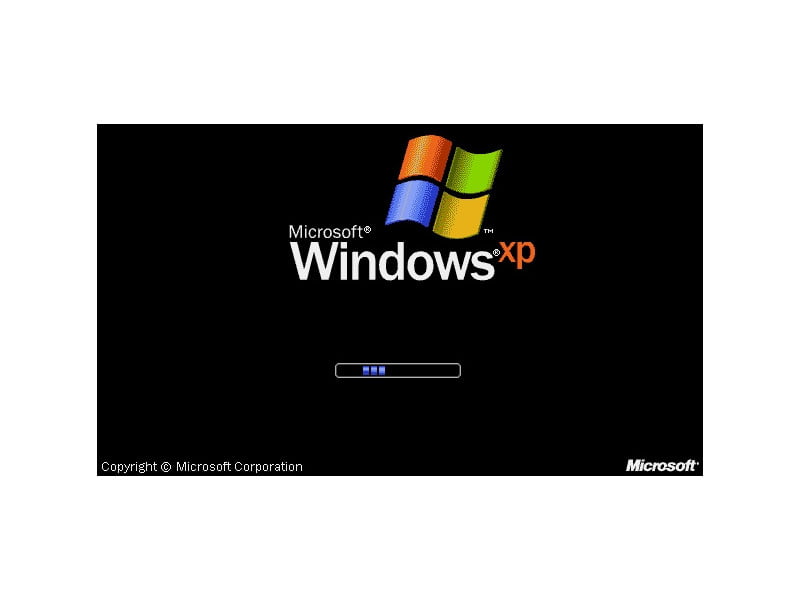Facebook Inc Revamping News Feed to Prioritize Posts From Friends Over Media, Brand Pages

Facebook Inc. will make changes to its News Feed rankings, highlighting posts from friends and family over those from publishers and brand pages that users have “liked.”
The company said it’s making adjustments after receiving feedback from users who complained that they sometimes miss important updates from the people closest to them. The changes will penalize some online publishers that rely on traffic from people who follow their pages.
Corporate pages on Facebook may see a decline in the number of people who see their content and in referral traffic to links they post, according to a company blog post. Facebook said links shared by its 1.65 billion users on their personal profiles can continue to go viral and reach large audiences.
Related
Facebook will pay media firms, celebrities more than US$50 million to use Facebook Live: report
Facebook Inc’s Instagram hits half a billion users, with about 80% located outside of U.S.
Advertisement
Facebook has drawn media companies and brands to create pages on the social network in recent years by offering exposure to huge groups of people. For example, BuzzFeed posts dozens of links a day to the 7.4 million people who “like” its page on Facebook. CNN, with 22 million followers, and the New York Times, with 11 million, also update their pages frequently throughout the day.
To accumulate more followers, many organizations have purchased Facebook advertising. But the value of a “like” has been on the decline as Facebook has slowly prioritized posts from friends or other initiatives, such as live video.
“We’ve heard from our community that people are still worried about missing important updates from the friends they care about,” Lars Backstrom, engineering director at Facebook, wrote in the blog post. “We encourage pages to post things that their audiences are likely to share with their friends.”
Adam Mosseri, the vice president for product management of the News Feed, wrote a separate post explaining that the amount of data flowing through the world’s largest social network has grown substantially since the early days of Facebook, generating far too much information for any one person to consume. Facebook has learned that people want to see posts that are authentic, not promotional, he said.
“We work to understand what kinds of stories people find misleading, sensational and spammy, to make sure people see those less,” Mosseri wrote. “If the ranking is off, people don’t engage and leave dissatisfied. So one of our most important jobs is getting this ranking right.”








